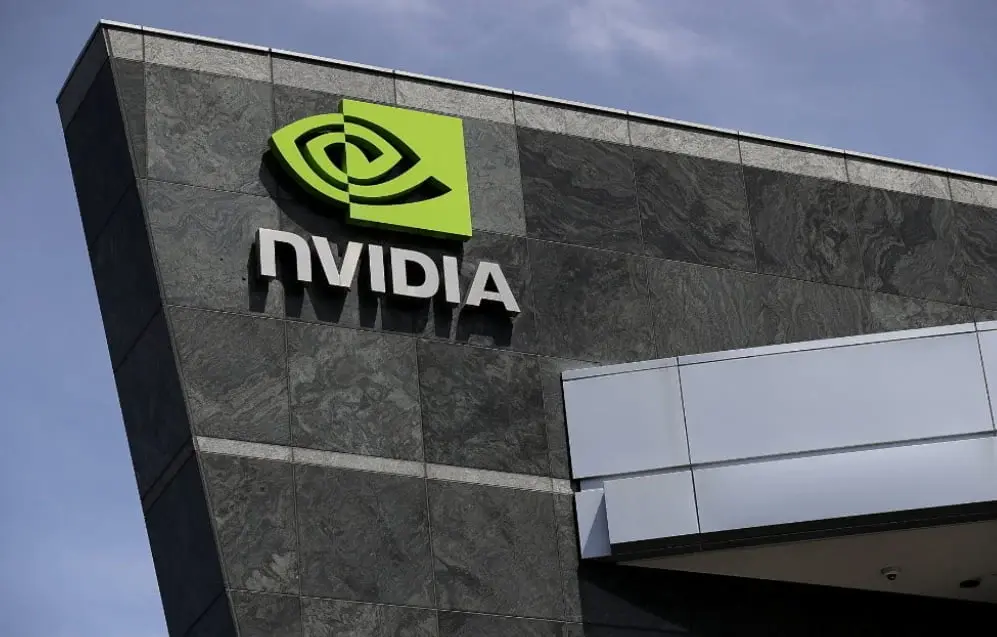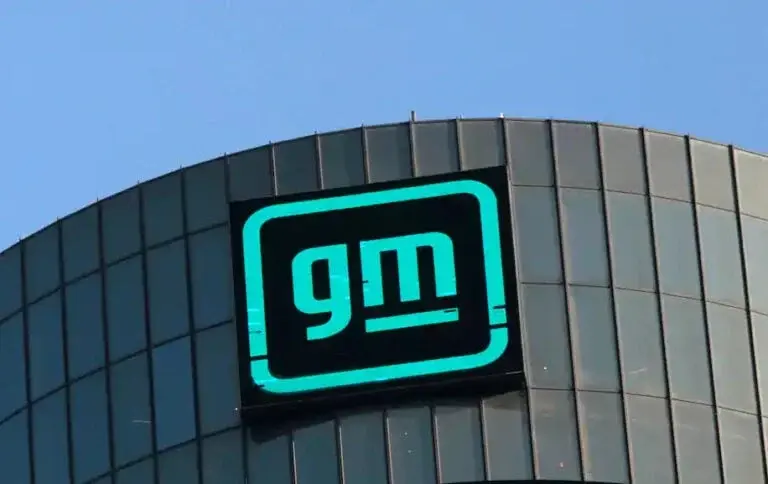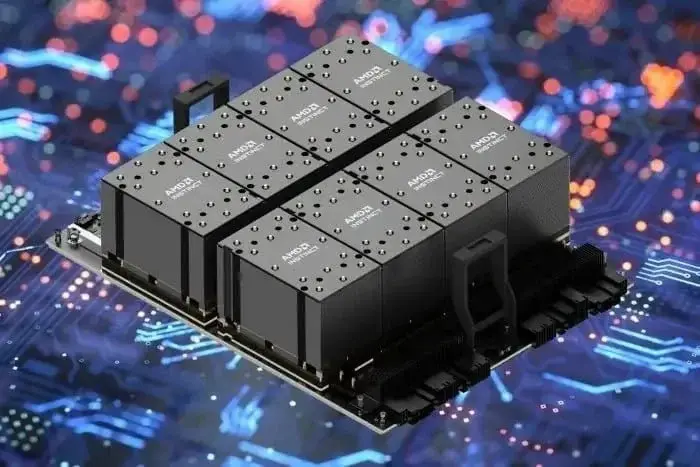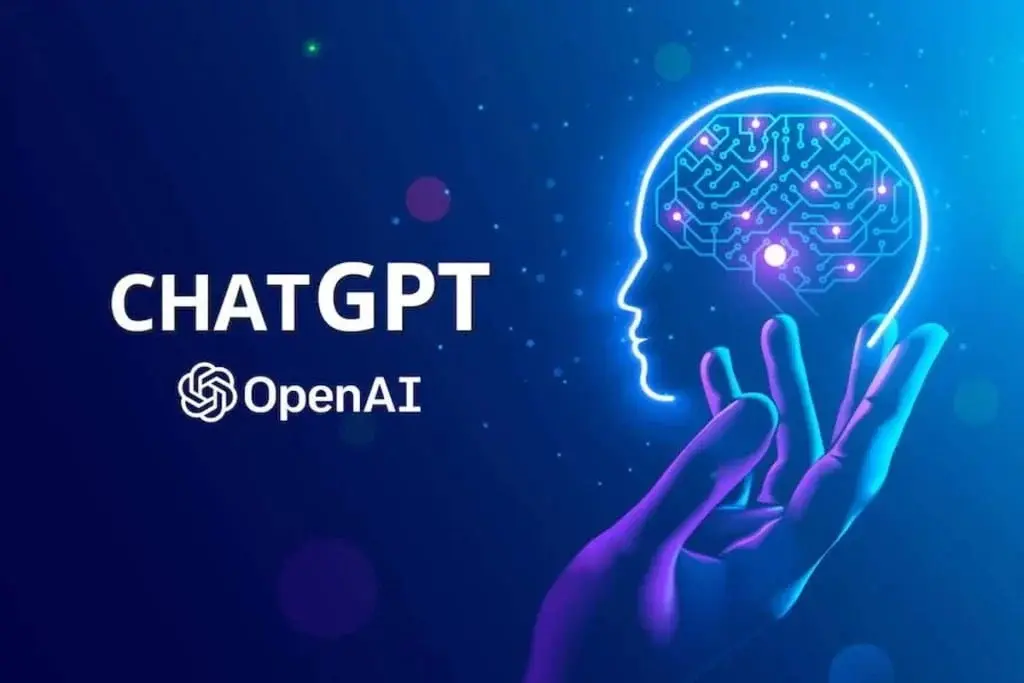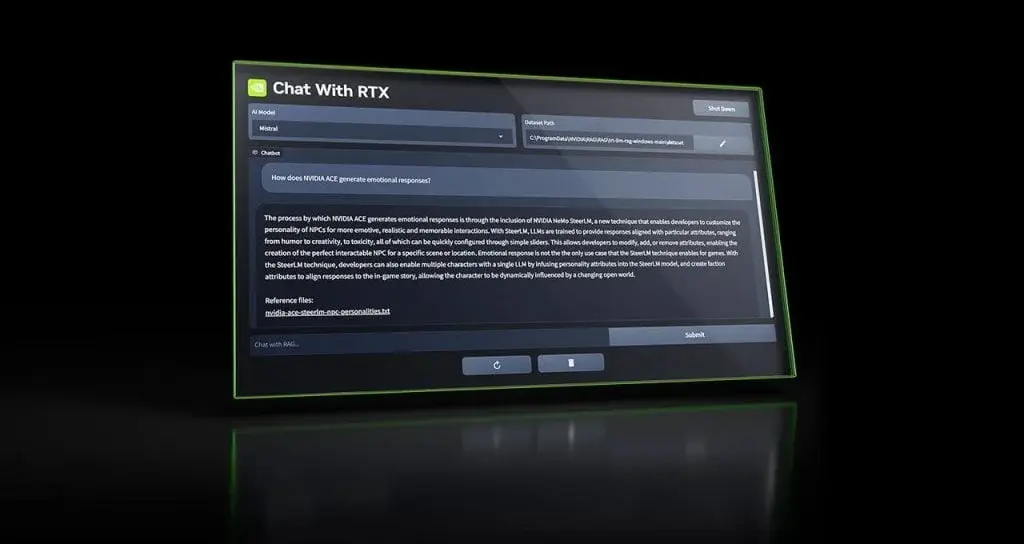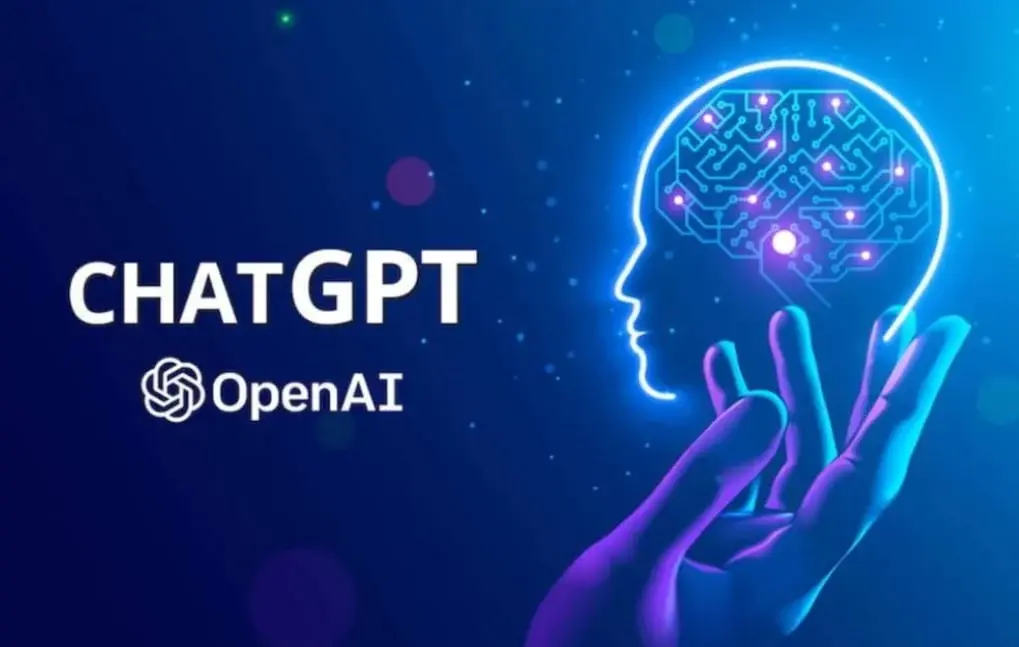Remember your childhood teddy bear? The one that patiently listened to all your secrets and dreams? Well, there’s an upgrade in the market, because there’s a new generation of companions in town, and they’re not just soft and cuddly – they’re downright chatty. Meet the latest trend in smart toys: AI-powered robots that can hold real conversations with kids. Forget pre-programmed phrases and robotic voices; these little guys use clever technology to chat like a real friend, keeping youngsters entertained and engaged for hours.
AI-Powered Robots: The New Generation of Smart Toys
The bunnies use large language models to make toys more interactive
One company leading the charge is FoloToy, a Shanghai-based start-up that uses something called large language models (LLMs) – the same tech behind chatbots like ChatGPT – to breathe life into ordinary toys. Imagine your bunny pal suddenly asking about your day or sharing funny stories. Pretty cool, right?
Frank Murphy: The Multilingual Chatty Companion
But FoloToy isn’t just for kids. They’ve teamed up with Yomiplanet to create Frank Murphy, a limited-edition “live” figure that chats in six languages! So, whether you’re practicing your Japanese or reminiscing about Steve Jobs with a digital pal, Frank’s got you covered.
The Future of AI-Powered Devices
This explosion of AI toys isn’t just about fun and games, though. It’s part of a bigger trend in China, where tech companies are racing to develop the next generation of AI-powered devices. Think voice assistants that learn your habits or screenless gadgets controlled by your thoughts. The future is here, and it’s interactive!
Commercializing AI: The Power of Fun and Connection
Of course, with all this new tech comes the question: how do we make money from it? Experts warn that commercializing AI can be tricky, but companies like FoloToy are betting on the power of fun and connection. After all, who wouldn’t want a chatty companion who’s always up for a conversation? So, the next time you’re feeling lonely, ditch the phone and (maybe) cuddle up with an AI buddy. You might be surprised at how much fun you can have with a robot who talks back.


